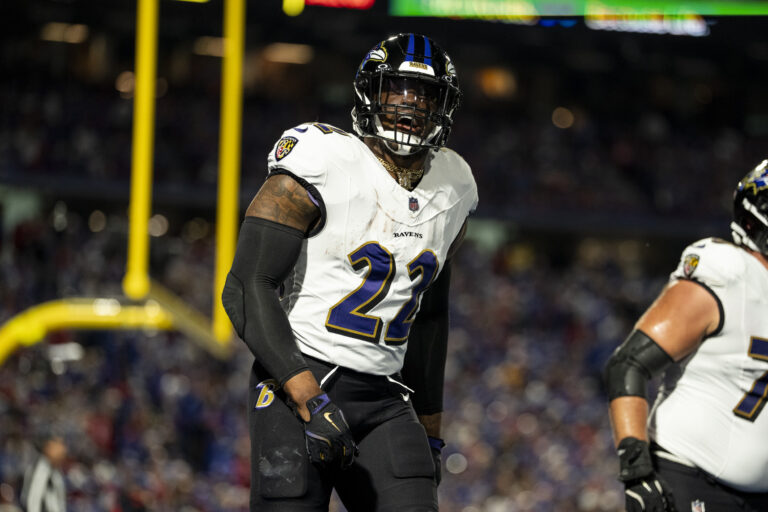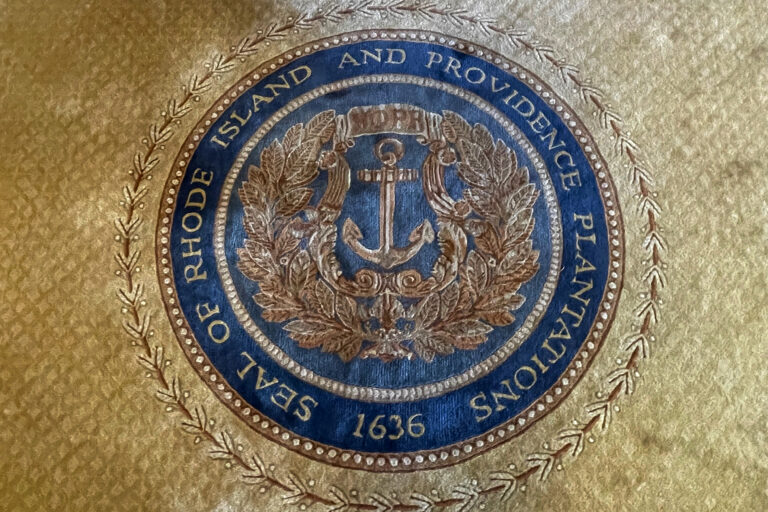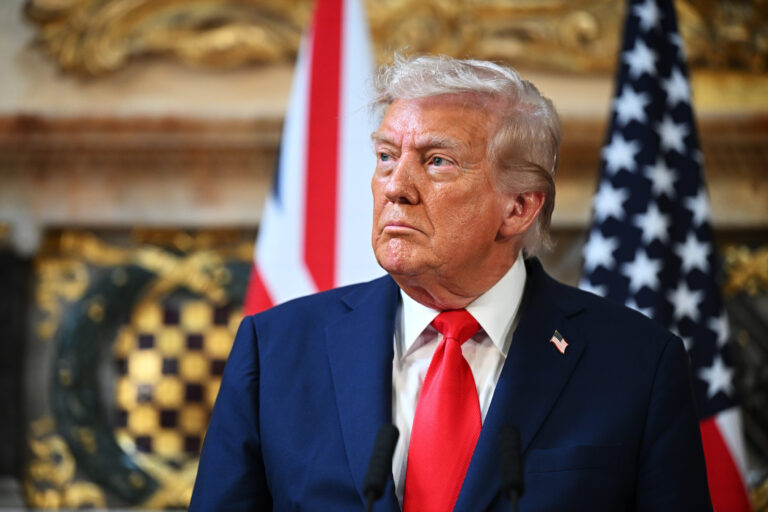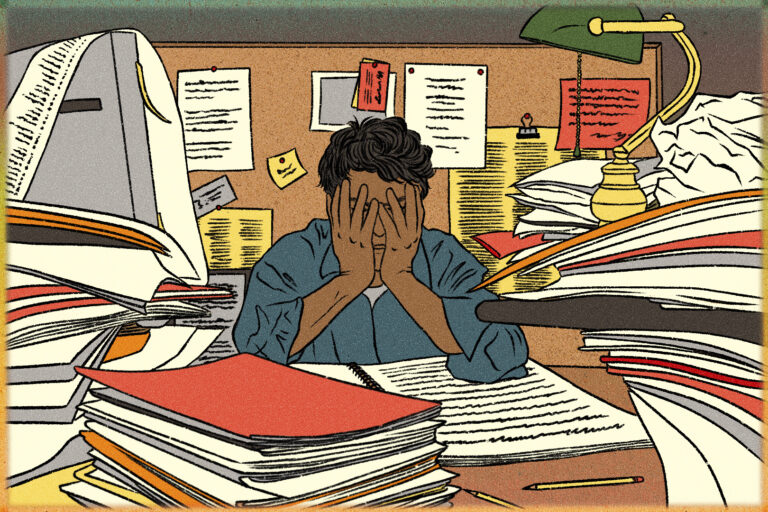
The CEO of JPMorgan Chase Jamie Dimon has characterized the real threats to the long-term health of the U.S. economy as internal, rather than those posed by any foreign nation.
Speaking at the Reagan National Economic Forum in California on Friday, Dimon said that the “tectonic plates” of geopolitics and the global economy were shifting, and that the biggest issue underlying this was “the enemy within.”
“I’m not as worried about China. China is a potential adversary—they’re doing a lot of things well, they have a lot of problems,” he said. “But what I really worry about is us. Can we get our own act together—our own values, our own capability, our own management.”
Why It Matters
Dimon’s comments come as the U.S. grapples with the threat of a recession, and a broader deterioration of its economic outlook. In addition to weak consumer confidence and fears over inflation, the trade policies of the U.S. administration have resulted in significant market volatility and raised concerns the economy could be approaching a major downturn.
Despite the 90-day tariff pause agreed between the two nations on May 12, negotiations between the two countries have not resulted in substantive progress, with recent accusations of violations further and aggressive posturing from the administration threatening to derail any potential breakthrough.
What To Know
Dimon defined the “enemy from within” as a broad combination of state-level economic mismanagement, regulatory gridlock, deficiencies in the schooling and health care systems, while mentioning several other difficulties, including the persistent risk of the U.S. economy slipping into a recession.
While he agreed with outgoing Berkshire Hathaway CEO Warren Buffet’s assessment that the U.S. and its economy remain “resilient,” Dimon added: “This time is different. This time we have to get our act together and we have to do it very quickly.”

Michel Euler/POOL/AFP via Getty Images
In addition to geopolitics, and the proxy activity and nuclear proliferation of countries such as North Korea, he said another “tectonic shift” taking place was in the global economy, and America’s continued ability to engage and maintain amicable economic relations with its trading partners.
He said that the priority over the coming weeks and months—during the pause on reciprocal tariffs and the temporary reduction in China’s rates—should be to reach in-principle agreements with “15 important” partners, without specifying the nations in question.
“I would engage with China,” he added. “I just got back from China last week. They’re not scared, folks. This notion they’re gonna come bow to America — I wouldn’t count on that.”
Despite the truce agreed last month, negotiations between the world’s two largest economies are “a bit stalled,” according to Treasury Secretary Scott Bessent. In addition, President Trump on Friday accused Beijing of “totally” violating the terms of the 90-day pause, signaling a potential reescalation of the trade conflict.
What People Are Saying
JPMorgan CEO Jamie Dimon on Friday said: “Right now we’re not a team anymore, and we don’t collaborate, we don’t talk that much to each other. Deal with our policy—and this is the enemy within—we’ve got to fix our permitting, our regulations, our immigration, our taxation.”
“But the most important is maintain those military alliances. Spend whatever you’ve got to spend to have the strongest military in the world,” he added. “And I’m hoping the goal of the Trump administration is this: Keep the Western military alliances together.”
President Trump, via Truth Social on Friday, said: “Because of this deal, everything quickly stabilized and China got back to business as usual. Everybody was happy! That is the good news!!! The bad news is that China, perhaps not surprisingly to some, HAS TOTALLY VIOLATED ITS AGREEMENT WITH US. So much for being Mr. NICE GUY!”
What Happens Next?
Trump’s 90-day suspension of reciprocal tariffs is set to expire on July 8, while the China tariff pause will end in August—though both remain subject to a potential cancellation.




